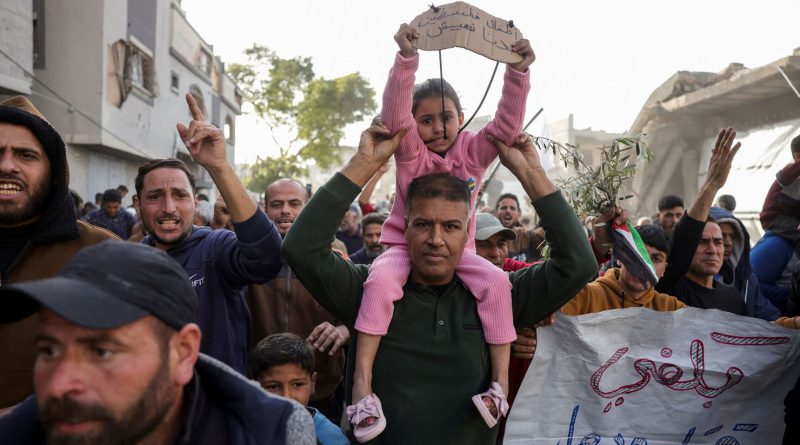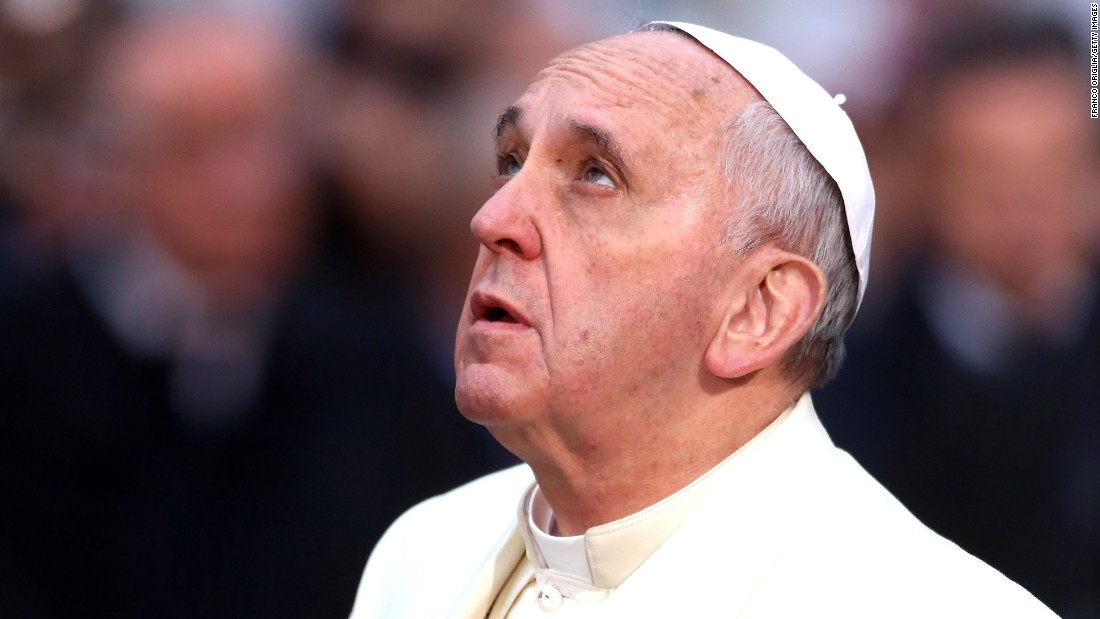Hope or Hype? Gazans React to Iran’s Strike on Israel Amid Humanitarian Collapse
Jerusalem — As global attention turns toward the escalating conflict between Iran and Israel, the war in Gaza enters its 624th day—ravaging a population already suffocating under siege, bombardment, and despair. Amid the roar of missiles exchanged between regional powers, Gaza’s silent suffering grows more dire by the day.
While international headlines now center on Iran’s unprecedented missile strike on Israel, Gaza’s humanitarian catastrophe has largely vanished from the global conscience. The enclave, already reeling from nearly two years of conflict, continues to endure relentless aerial assaults, a crumbling health system, and a widening starvation crisis.
The fate of 53 Israeli hostages still held by Hamas—a driving pretext for Israel’s ongoing war—has also faded from the news cycle, as attention pivots to the possibility of a broader regional war. But inside Gaza, where destruction is measured not in headlines but in collapsed homes and silent morgues, hope has never felt more distant.
Rising Death Toll and Infrastructure Collapse
According to Gaza’s Hamas-run Health Ministry, at least 202 Palestinians were killed and 1,037 injured in just the last 48 hours, bringing the total death toll to staggering heights.
UNICEF reports that only 40% of water infrastructure remains functional. Most sewage systems have ceased operating entirely, threatening disease outbreaks in already overcrowded shelters. Over 70% of Gaza’s communication networks have been destroyed, severely impeding rescue efforts and aid coordination.
In scenes that mirror a dystopian nightmare, civilians lining up for food in Khan Younis and Rafah were reportedly met with live fire, with footage capturing children ducking for cover. Multiple casualties were confirmed in incidents where humanitarian queues became deadly battlegrounds.
Gaza Reacts to Iran-Israel Escalation
Amid the humanitarian breakdown, the Israel-Iran war has sparked a mix of hope and skepticism on Gaza’s streets.
Slogans like “From Gaza to Tehran — One Front” have begun appearing in graffiti and social media posts. Palestinian factions, including Hamas and Islamic Jihad, have expressed vocal solidarity with Iran and its proxies in Lebanon and Iraq. For them, Iran’s direct military strike on Israel is being cast as an act of “Muslim unity” against a common adversary.
“For the first time, the missiles didn’t fall on us, but on Israel,” said Abu Abdallah, a 32-year-old resident of Gaza. “That alone makes us feel like we’re not alone anymore.”
For others, like 52-year-old Majed Abu Hamza, symbolism is enough: “Anyone who attacks Israel is seen as a hero by Palestinians, whether or not we agree with their ideology. Iran gives us hope—any hope is better than none.”
Doubts About Iran’s Intentions
But the praise is far from unanimous. A deeper current of skepticism runs beneath the slogans.
“We’ve been dying here for two years,” said Mahmoud Farhat, another Gazan. “Where was Iran’s help when we were being bombed every day? Now they fire missiles only after their nuclear sites are hit—and suddenly we’re supposed to believe they’re defending us? That’s laughable.”
This sentiment reveals the delicate balance between political opportunism and genuine solidarity—where even the oppressed question whether they’re pawns in someone else’s war.
Humanitarian Aid Amid Chaos
Despite the escalating conflict, efforts to deliver aid persist—though at a pace nowhere near the scale of need.
The Gaza Humanitarian Foundation (GHF) distributed over 1.27 million food portions on Saturday in three key locations. Yet logistical nightmares continue. The Kerem Shalom crossing remains periodically shut, and the Iran-Israel confrontation has only deepened the chaos.
“Large parts of Gaza are now inaccessible,” said Acting GHF Director John Ackrey. “We are working with Israeli authorities to open more delivery points in the north, but the window is narrowing fast.”
As the Iran-Israel confrontation threatens to spiral into a broader regional war, Gaza remains trapped in a deepening nightmare—voiceless, wounded, and uncertain whether the missiles overhead are signs of rescue or harbingers of more ruin. While slogans and strikes make headlines, what Gaza needs most now is not rhetoric, but relief.



